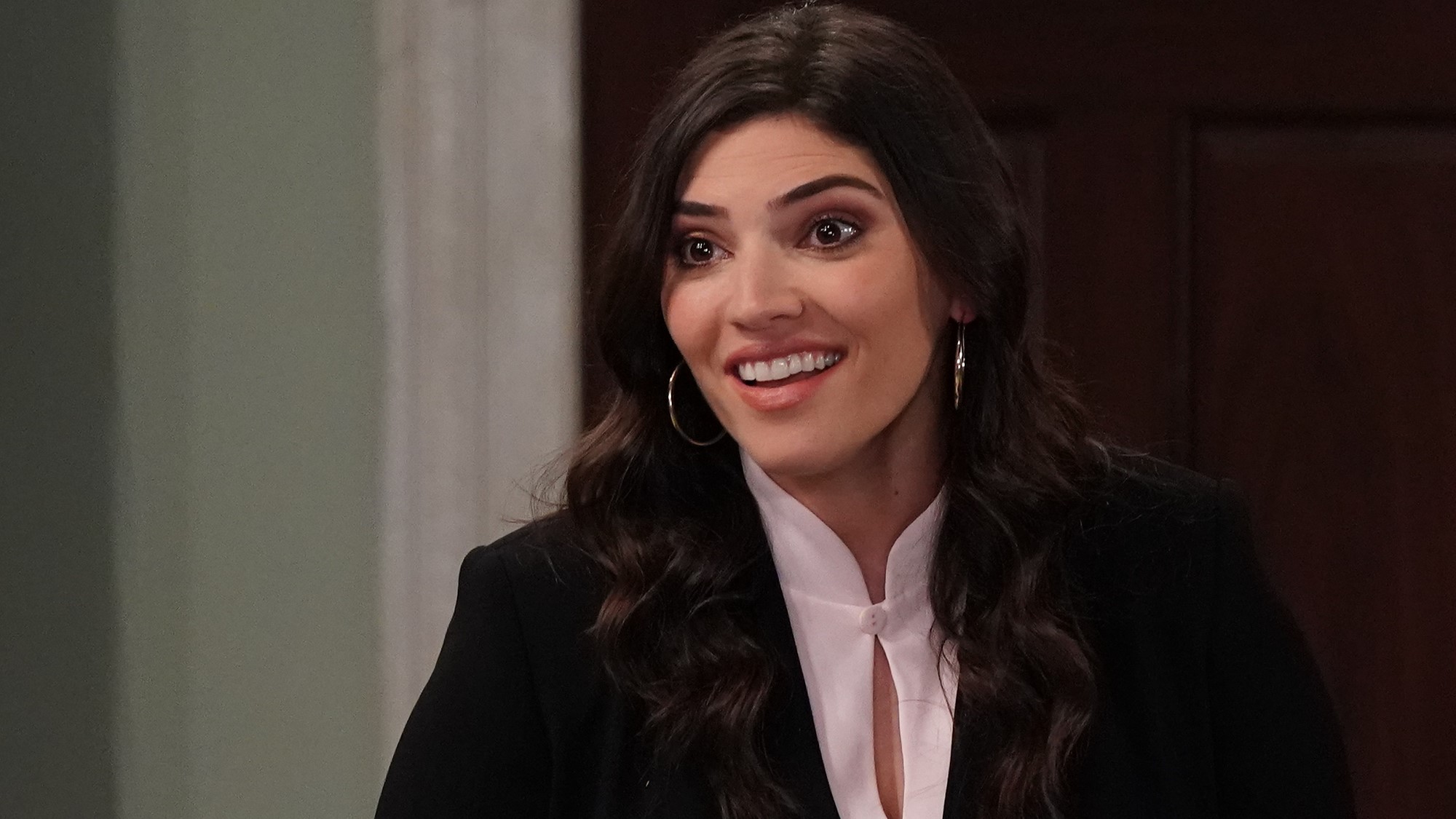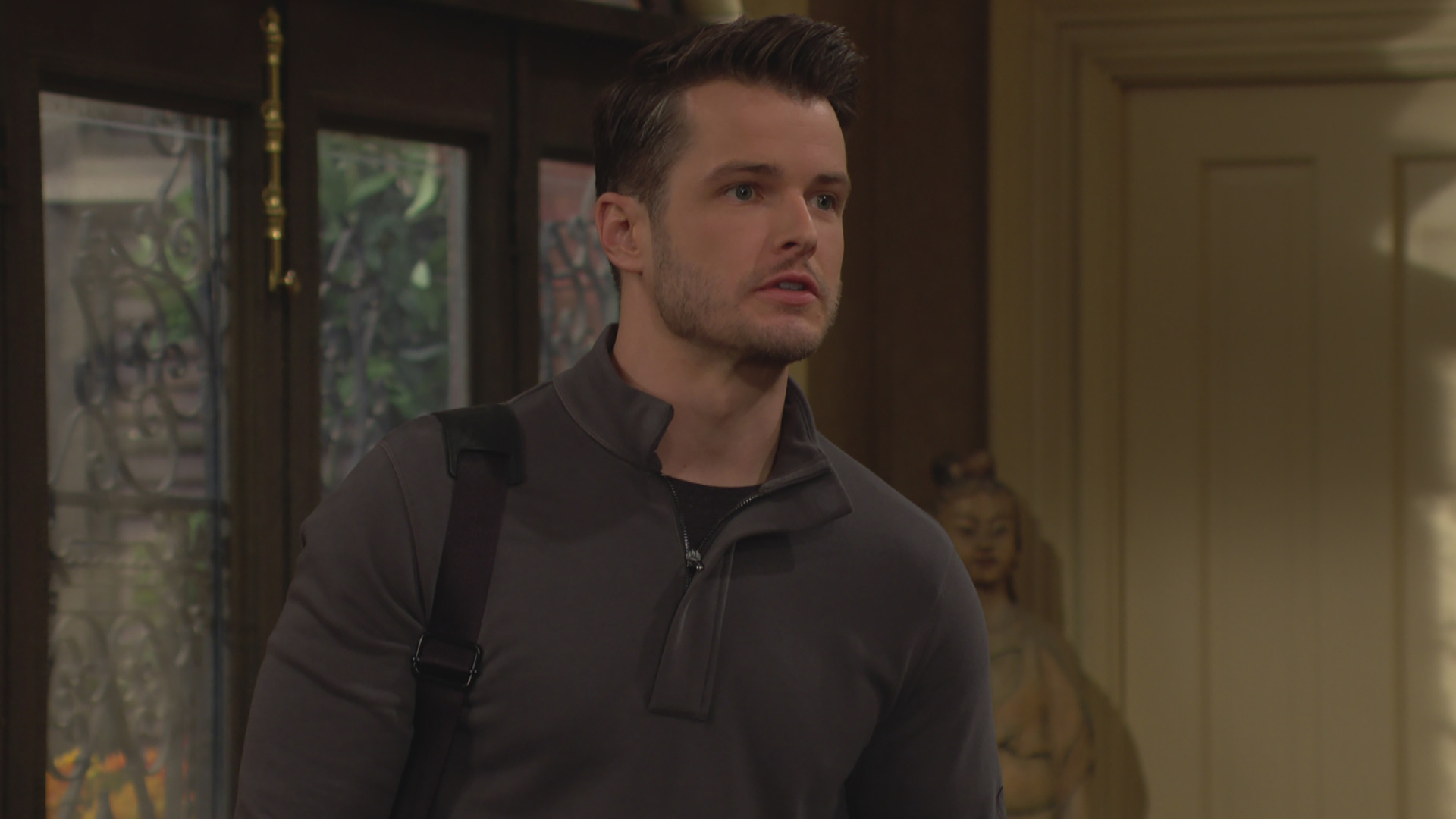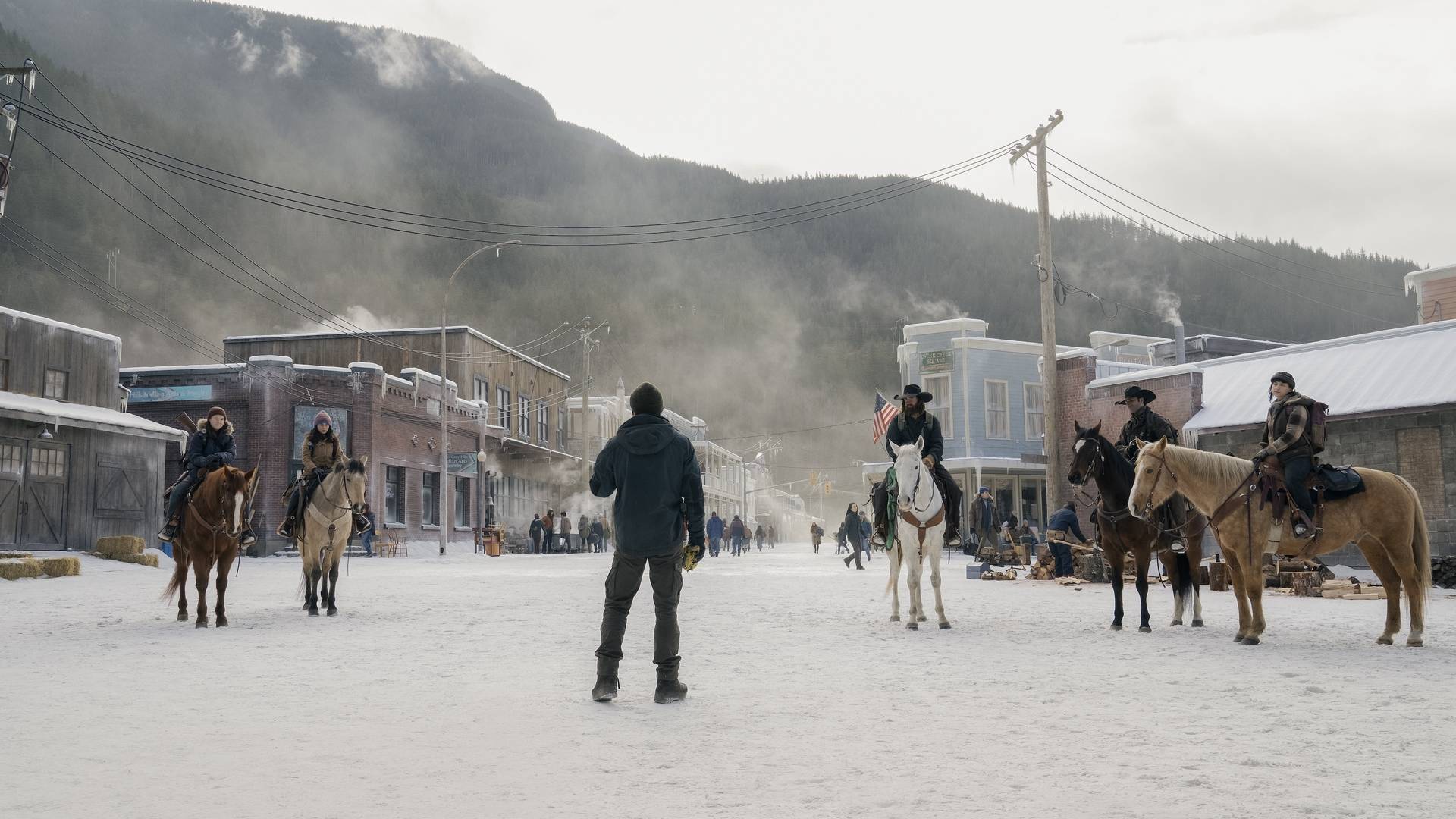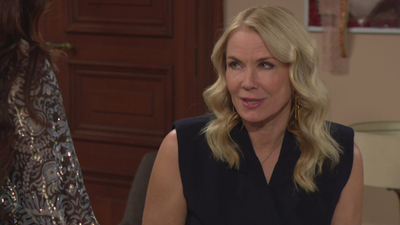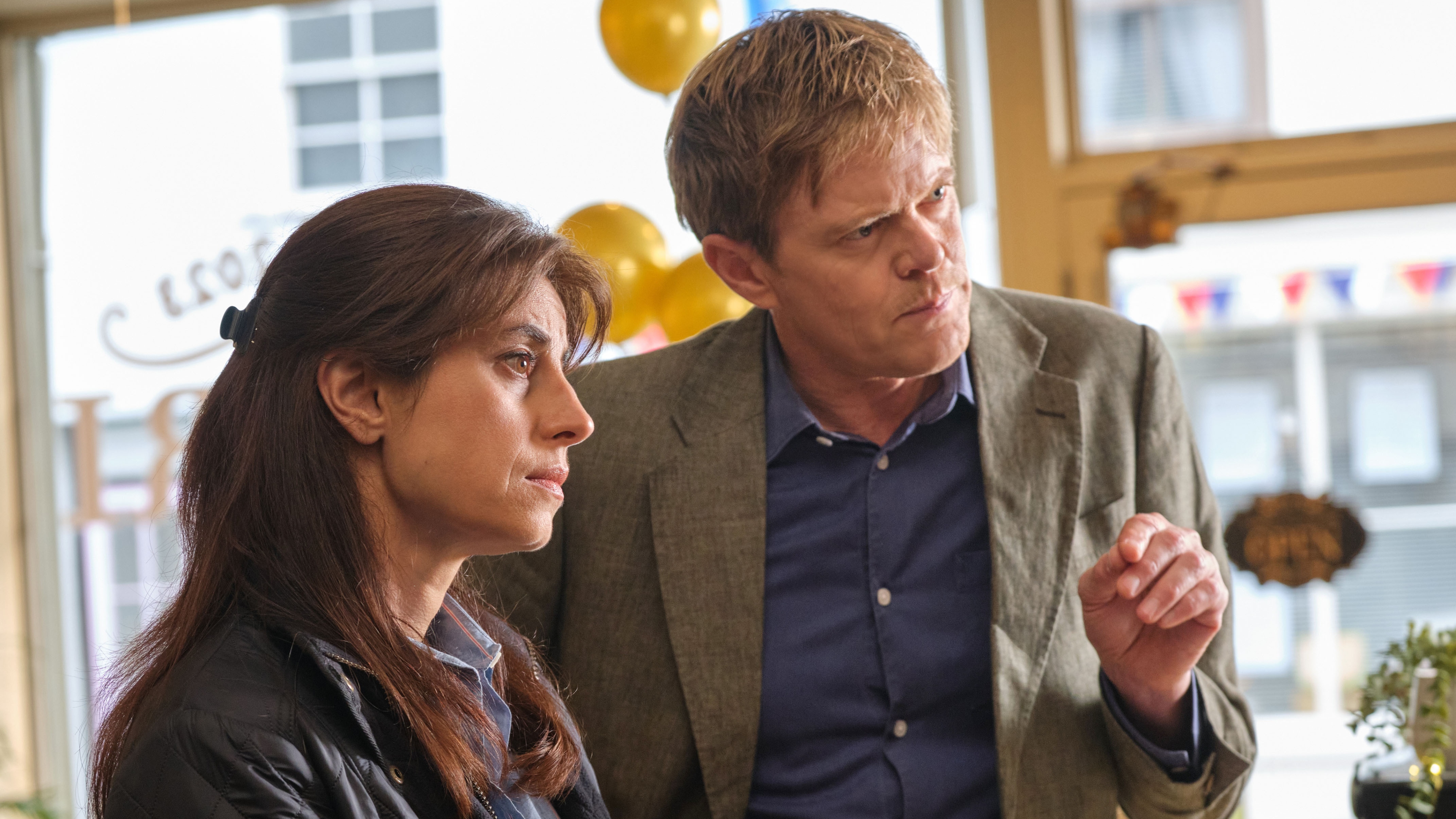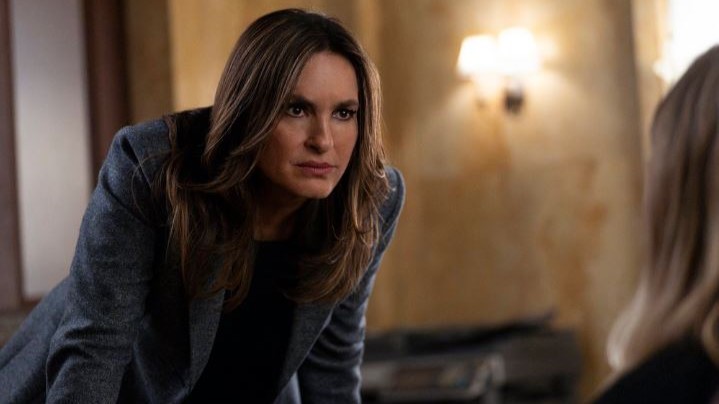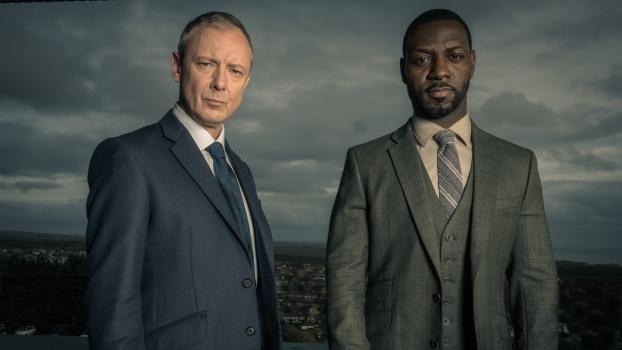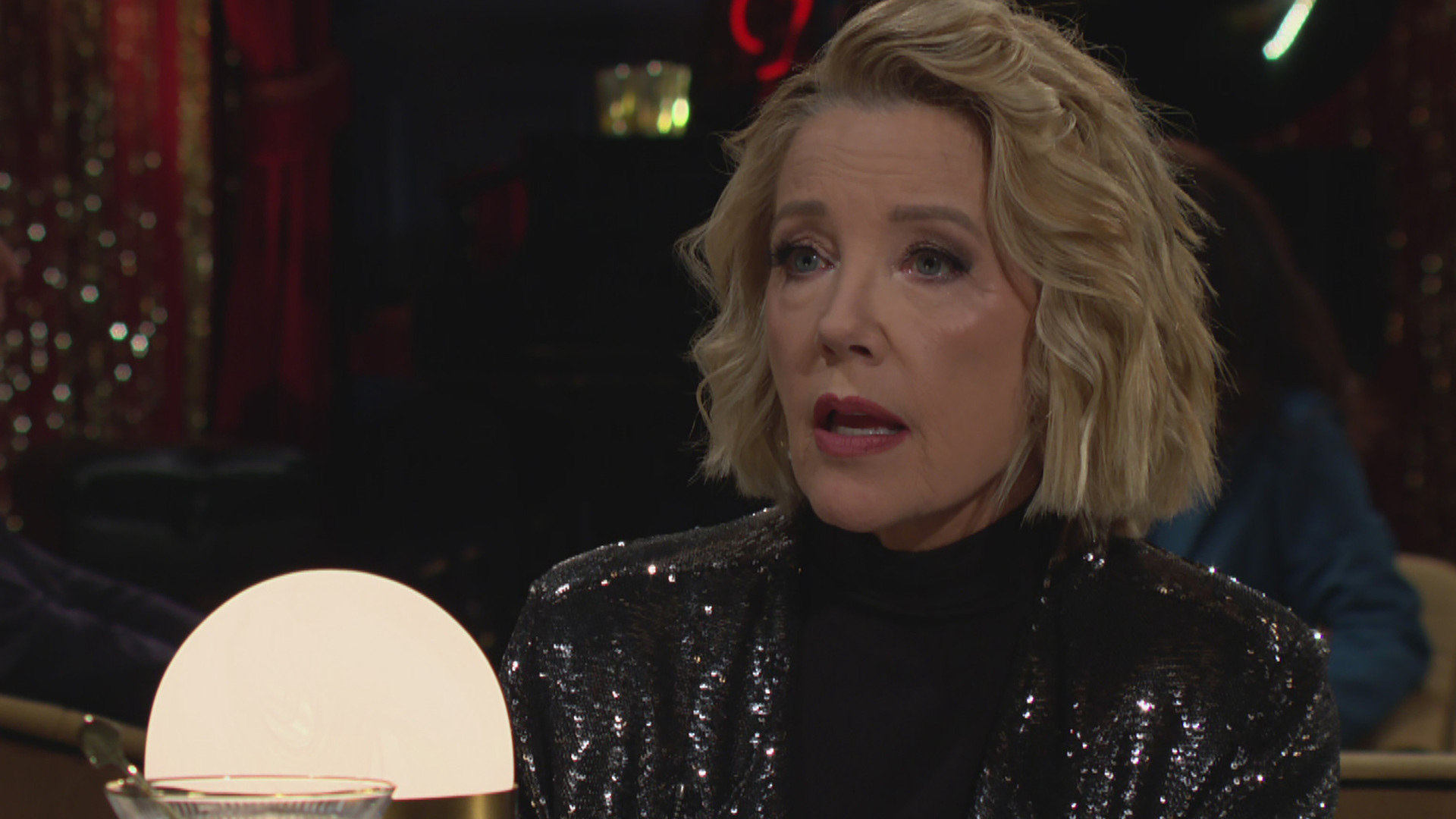The Crown and the fact vs fiction debate
Why is The Crown season 4 stirring up controversy?
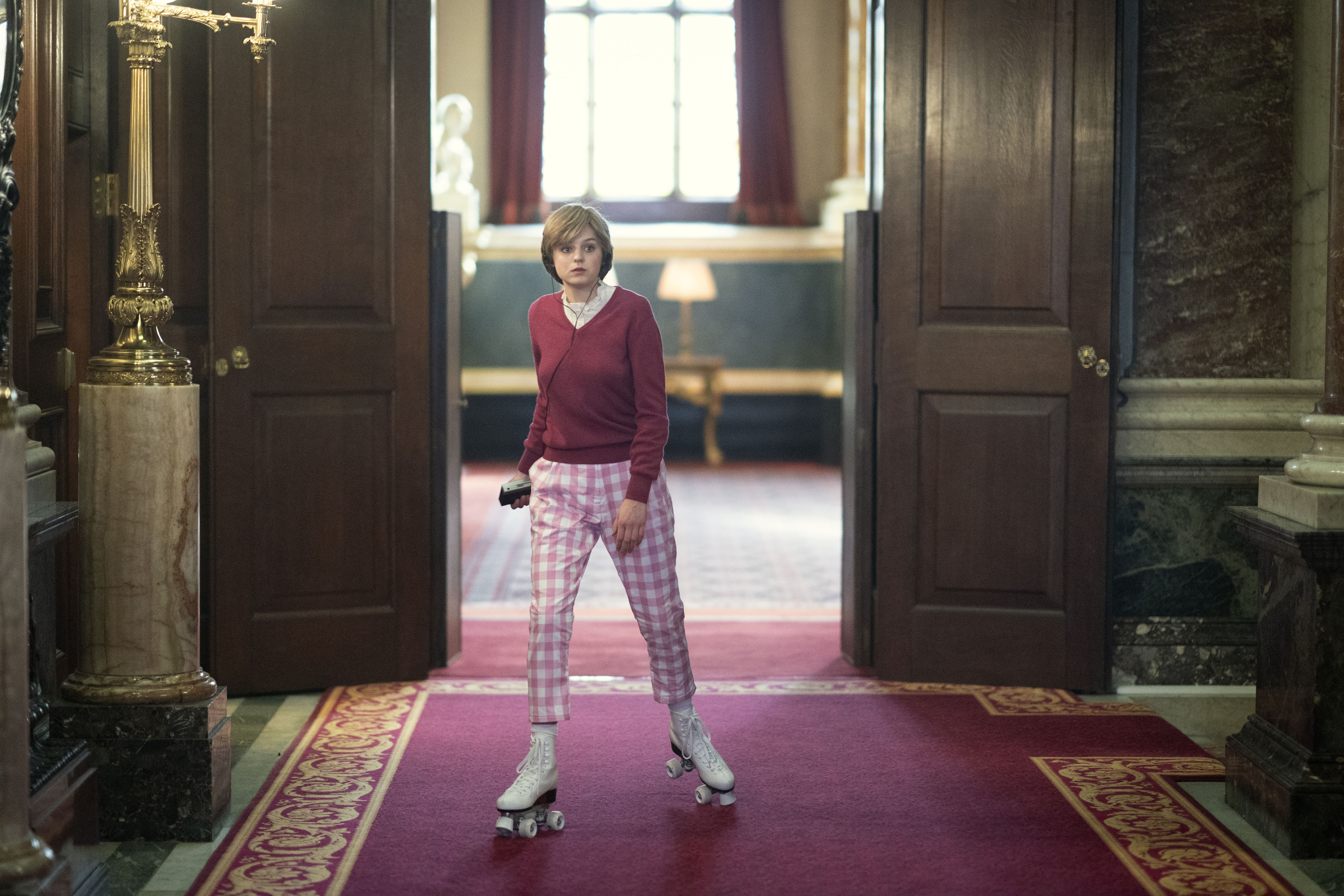
This post contains mild spoilers for The Crown.
The Crown is far from the first historical drama to take creative license with the events it portrays — after all, this is not a documentary — and previous seasons have not been met with the same outcry as the recently released 1980s-set fourth outing. Portraying the intimate lives of the British monarchy, creator Peter Morgan has explored tabloid scandals, fiery relationship dynamics, and the sacrifices made in the name of duty. Suggestions that the House of Windsor was unhappy with this depiction are long-standing but never has it been so loud as with this latest installment. Even the current UK Minister for Culture, Oliver Dowden, insisted that a "health warning" should appear before episodes of The Crown so viewers don’t mistake fact for fiction. Netflix doesn’t agree and politely declined this editing note. After four years, why is there suddenly an attack on the audience’s ability to discern reality from invention?
“'It's a beautifully produced work of fiction, so as with other TV productions, Netflix should be very clear at the beginning it is just that,” Dowden told the Mail on Sunday. Citing younger viewers who didn’t live through the turbulent 1980s as his focus, the Culture Minister appears to forget that search engines exist to verify (or disprove) the accuracy of such scenes. Or doesn't think audiences will actually do the work (as proved by most social media reactions!)
Dowden wasn’t the only person to argue there should be a disclaimer. On the official The Crown podcast, Helena Bonham Carter (who plays Princess Margaret in seasons 3 and 4) agreed that viewers should be reminded of the fictional element, “I do feel very strongly, because I think we have a moral responsibility to say, ‘Hang on, guys, this is not… it’s not a drama-doc, we’re making a drama.’ So they are two different entities.” Meanwhile, Diana’s brother Earl Spencer also backed the call to highlight the fictional element, "I think it would help The Crown an enormous amount if, at the beginning of each episode, it stated that: 'This isn't true but it is based around some real events.'” Josh O'Connor, who plays Charles, meanwhile thinks Dowden's comments are "pretty outrageous." Speaking on The Envelope podcast as per the LA Times, the actor has faith in the viewers at home, "You have to show them the respect and understand that they’re intelligent enough to see it for what it is, which is pure fiction.”
The key dynamic driving Dowden’s statement is the on-screen arrival of Princess Diana (Emma Corrin), which has dredged up one of the most contentious periods for the Windsor clan, while also drawing comparisons to Prince Harry and Meghan Markle’s decision to step down from working royalty.
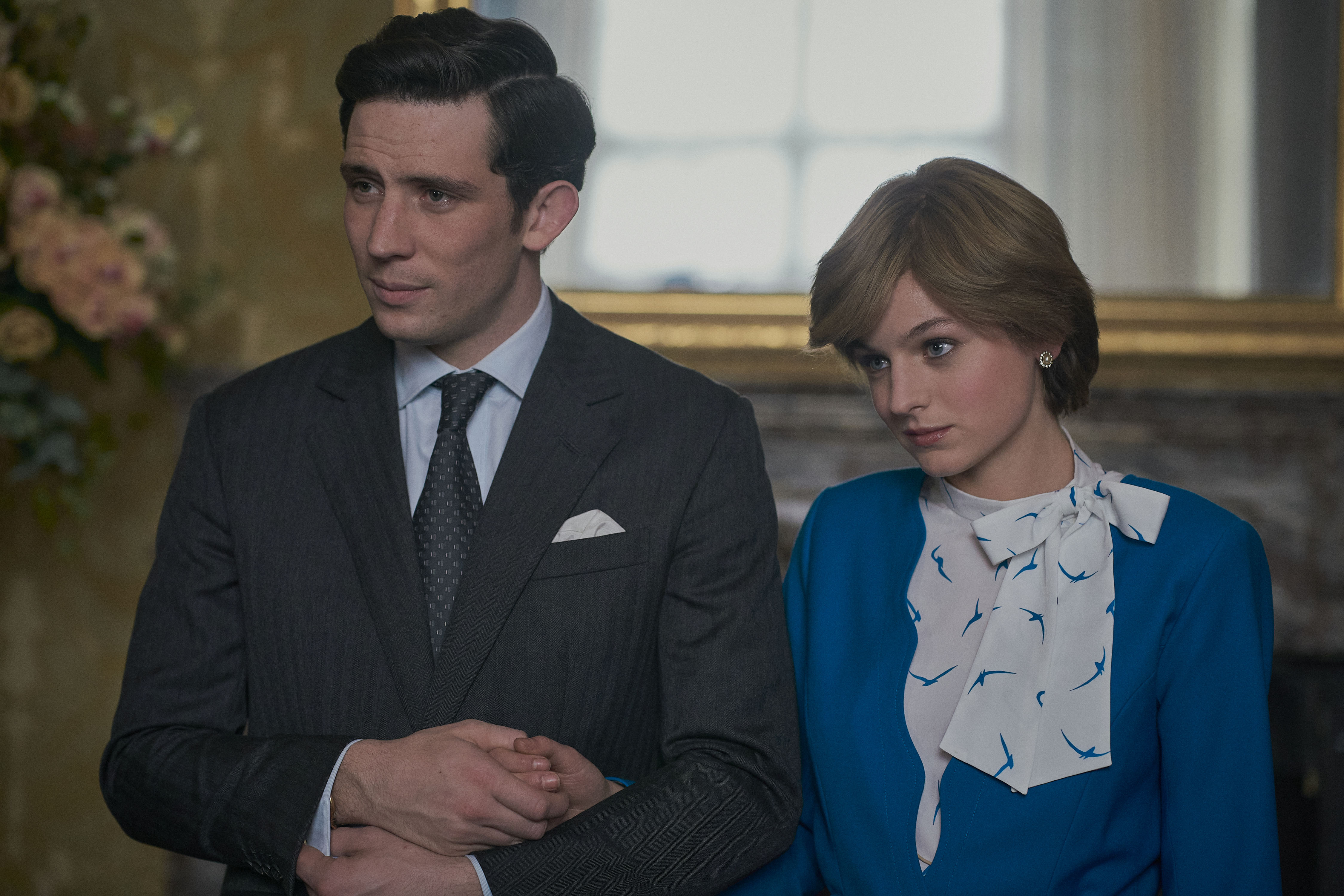
The Princess Diana Factor
Half-truths, tabloid scandal, and fabrications have long been part of the Windsor tapestry but it has taken until season 4 for the disgruntled whispers to turn into a culture war. Prince Phillip’s (Matt Smith) alleged wandering eye, the refusal to let Princess Margaret (Vanessa Kirby) marry her preferred suitor (because he was a divorcé), and portraying President Kennedy (Michael C. Hall) as a drug-fueled mess are all storylines that raised eyebrows but nothing on this scale.
In season 3, Charles (Josh O’Connor) cut a sympathetic figure as he struggled with his birthright and a lack of compassion from his family. A difficult relationship with his father, being bullied at school and romantic roadblocks — mirroring his aunt’s situation — made the future king someone to root for. O’Connor’s performance taps into the trapped-by-circumstances factor, but he is now very convincing as the petulant husband who bristles at his wife’s popularity. Ultimately, it is Netflix that is enjoying a cycle of free promotion from the headlines.
Get the What to Watch Newsletter
The latest updates, reviews and unmissable series to watch and more!
- The Crown and the problem with fictionalizing Margaret Thatcher
- How Season 4 of The Crown was made
- The truth of The Crown: were the Queen's cousins really locked up?
- The trailer for Season 4 of The Crown shows a storm brewing
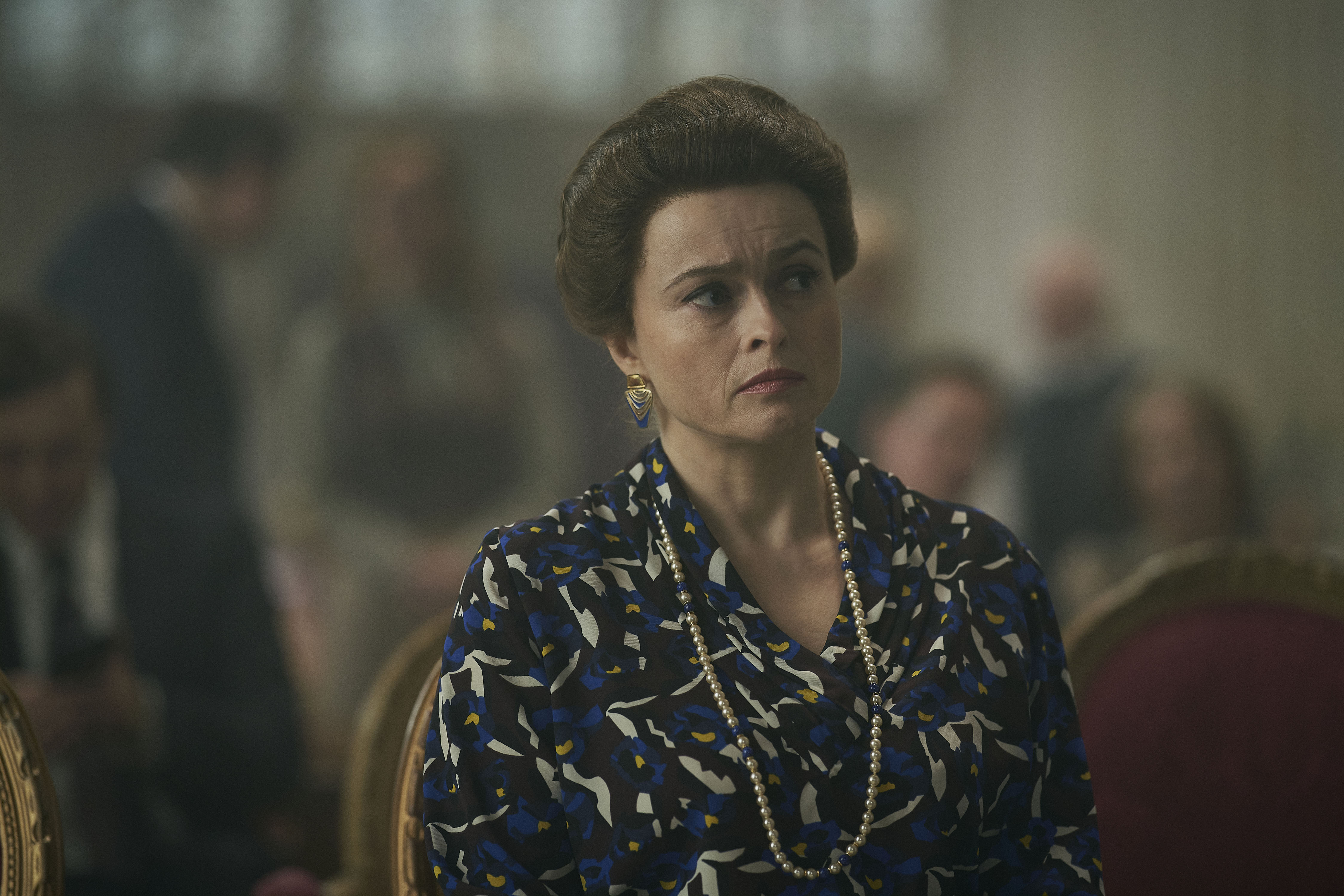
What is ‘truth’ in a historical drama?
Questions of authenticity and accuracy are not a phenomenon solely felt by The Crown season 4. It had been a recurring conversation long before the ‘health warning’ controversy. “What is real? And what is imagined? What is truth, and what is fiction? What happened? What did not?” asks showrunner Peter Morgan in the foreword of The Crown: The Inside History. The Crown’s historical consultant, Robert Lacey explains his approach to the stories and conversations. "I defend very strongly that this show recreates the past very plausibly,” Lacey told Town & Country in 2017.
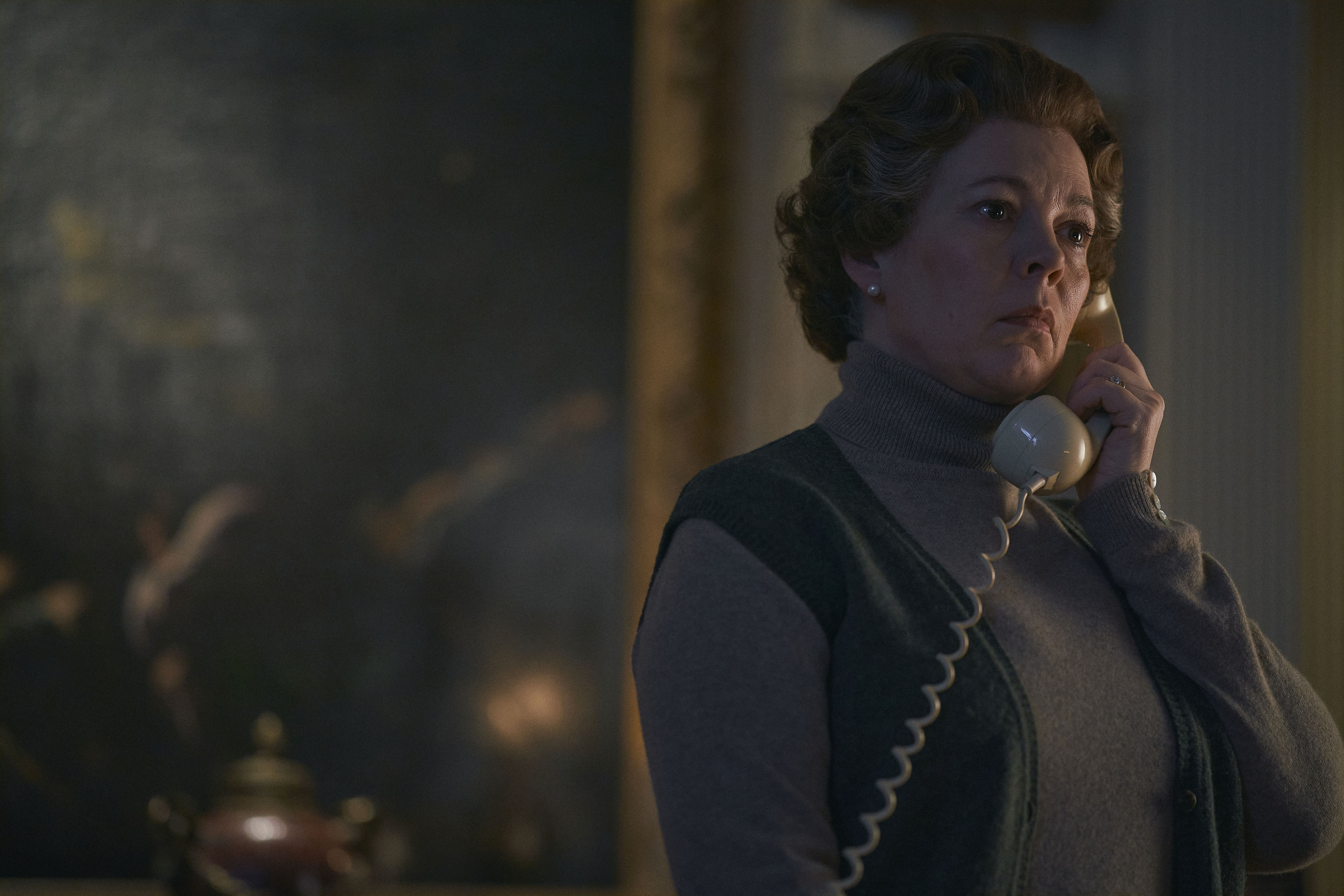
The Netflix Response
"We have always presented The Crown as a drama, and we have every confidence our members understand it’s a work of fiction that’s broadly based on historical events,” Netflix told the Daily Mail about why they didn’t feel it was necessary to add a disclaimer. Standing their ground points to trust in their audience, while also proving they don’t need to bow down to the royal family. It is a flex from the streamer and also, of course, ensures this audience-generating conversation will continue.
As The Crown’s narrative edges closer to the present day, it is understandable why some storylines are causing consternation — expect a repeat of this conversation with every season to come.
Emma Fraser spends most of her time writing about TV, fashion, and costume design; Dana Scully is the reason she loves a pantsuit. Words can also be found at Vulture, Elle, Primetimer, Collider, Little White Lies, Observer, and Girls on Tops. Emma has a Master’s in Film and Television, started a (defunct) blog that mainly focused on Mad Men in 2010, and has been getting paid to write about TV since 2015. It goes back way further as she got her big start making observations in her diary about My So-Called Life’s Angela Chase (and her style) at 14.


